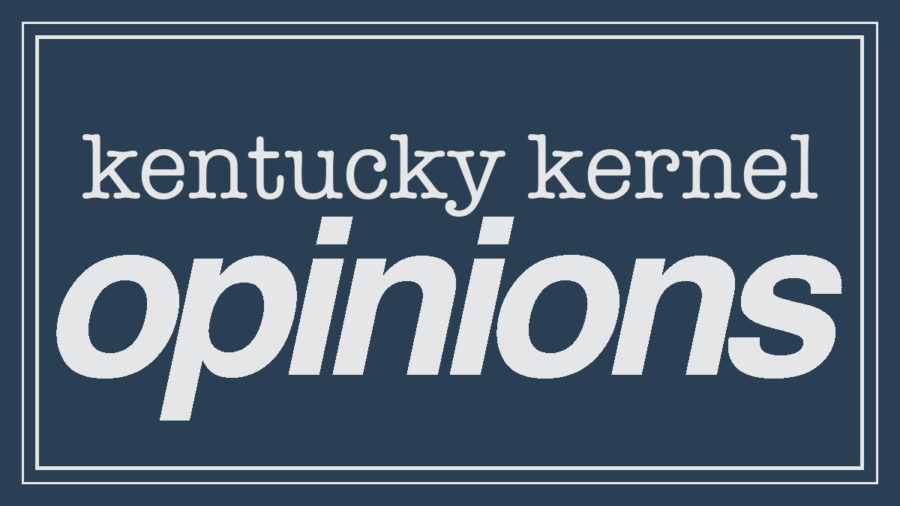Free Speech Zones are a First Amendment violation
November 28, 2018
Perhaps the amendment most well known is the first one: “Congress shall make no law respecting an establishment of religion, or prohibiting the free exercise thereof; or abridging the freedom of speech, or of the press; or the right of the people peaceably to assemble, and to petition the government for a redress of grievances.”
This “freedom of speech” has distinguished us from many oppressed countries that censor citizens. It has defended hate and love simultaneously because truthfully, we were granted the right to express ourselves, and the kindness with which we do so was and is not stipulated.
But, across so many college campuses in our country, we lack this basic right in the form of tiny, restricting “free speech zones.” These hide, by the very nature of their name, behind a disguise of a space in which to express controversial ideas. But they hide something very dangerous. They restrict free speech to a zone.
One in six top colleges and universities in our country have these zones, and UK is one of them.
The most accessible problem with these zones is that by designating one area for free speech, the administration restricts it automatically in other areas. Much of campus used to be regulated, but as of spring 2015, UK’s campus is mostly a free speech area, with only some areas still regulated.
As a result of these zones, as of May, UK has a yellow speech designation from the Foundation for Individual Rights in Education. FIRE is a nonprofit organization that rates college campuses on their free speech protections and commitment to civil liberties.
The Yellow rating is given to “those institutions with at least one ambiguous policy that too easily encourages administrative abuse and arbitrary application.”
TIME put it best in a 2016 article by Cliff Maloney, Jr.: “In their manifestation, safe spaces and free-speech zones at public universities enable prejudice against unfavorable ideologies. Guised as progressive measures to ensure inclusion, these often unconstitutional policies exclude new and competing ideas, and are antithetical to a free academia. In excluding different ideologies, supposedly progressive campus speech codes do one thing: prevent the progression of ideas. Restrictive campus speech codes are, in fact, regressive.”
Admittedly, having a whole campus open and available for uncomfortable conversations and unlimited (if harmless) free speech can and will get messy. But isn’t that the beauty of this country? Isn’t that the whole point? To be able to freely, spontaneously and thoroughly express our ideas?
As millennials, we have to take a stand and lead the way on this. We should not have to schedule free speech, keep it to one area or do it only within certain times. At that point, it is no longer free speech. It is carefully regulated and censored speech. And that is what begins to rob us of our basic humanity.
Editor’s note: This column previously said that restricted zones at UK constitute “most of campus.” This has been updated to accurately reflect the change that occurred in 2015.
































































































































































